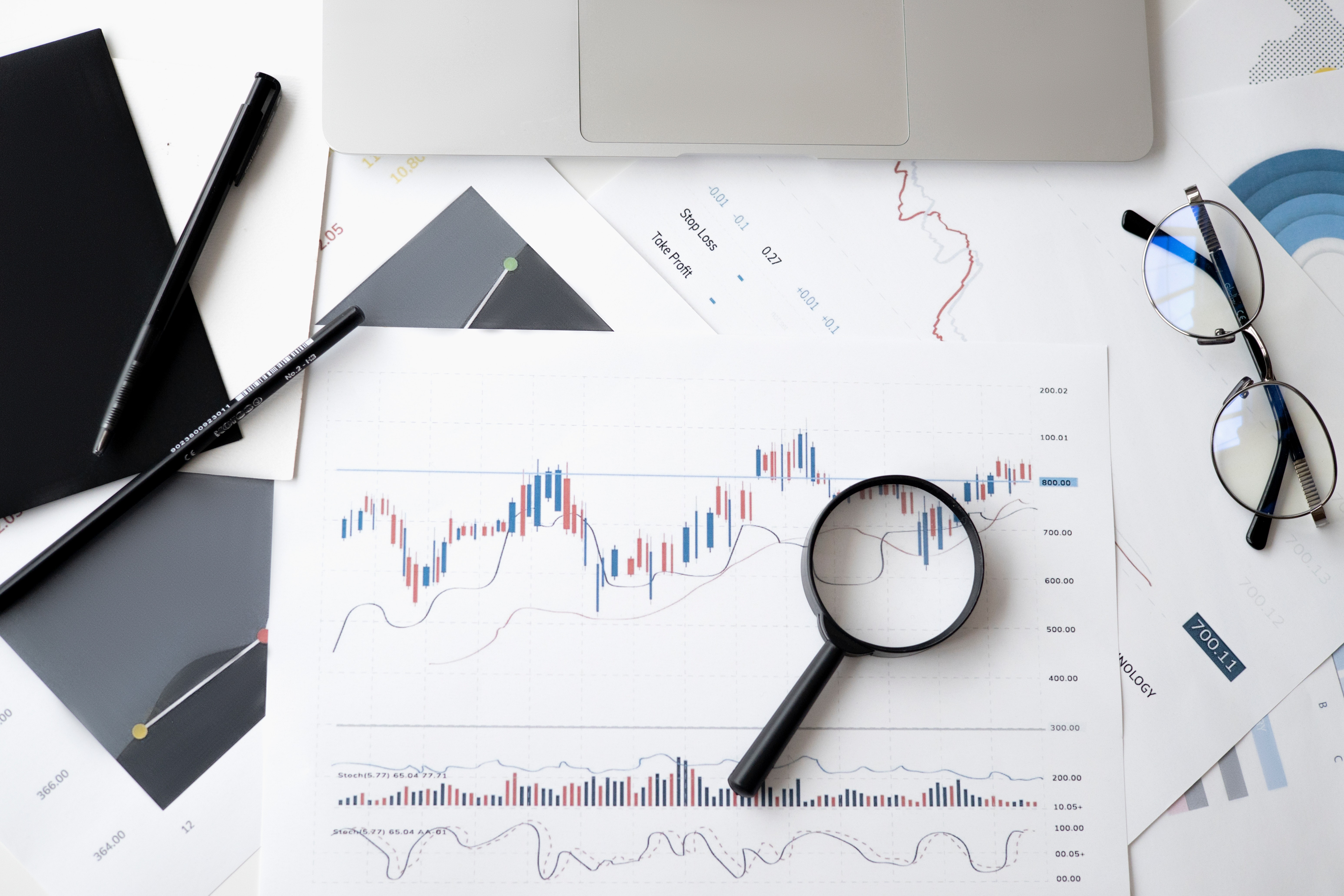

Forex is a portmanteau of foreign currency and exchange. Foreign exchange is the process of changing one currency into another currency for a variety of reasons, usually for commerce, trading, or tourism. According to a recent triennial report from the Bank for International Settlements (a global bank for national central banks), the average was more than $5.1 trillion in daily forex trading volume. Because of the worldwide reach of trade, commerce, and finance, forex markets tend to be the largest and most liquid asset markets in the world. Market participants use forex to hedge against international currency and interest rate risk, to speculate on geopolitical events, and to diversify portfolios, among several other reasons.
Forex trading was very difficult for individual investors prior to the Internet. Most currency traders were large multinational corporations, hedge funds, or high-net-worth individuals (HNWIs) because forex trading required a lot of capital. With help from the Internet, a retail market aimed at individual traders has emerged, providing easy access to the foreign exchange markets through either the banks themselves or brokers making a secondary market. Most online brokers or dealers offer very high leverage to individual traders who can control a large trade with a small account balance.
- TRANSACTION COSTS - The cost of a transaction is typically built into the price in the forex market in the form of the spread. Forex brokers pocket the spread as their payment for facilitating the trade. Spreads are measured in pips. For most currencies, a pip is the fourth place after the decimal point, or 1/100 of a percent. (For trades involving the Japanese yen, a pip is the second place after the decimal point, or 1 percent)
- LEVERAGE - Forex brokers often allow traders to buy and sell in the market using significant amounts of leverage, which gives them the ability to trade with higher amounts of money than what is actually in their accounts. If you were to trade at 50:1 leverage, for instance, you could trade $50 for every $1 that was in your account. That means you could control a trade of $50,000 using only $1,000 of capital.
- 24-HOUR MARKET FOR FIVE DAYS - The forex market is worldwide, so trading is pretty much continuous as long as there's a market open somewhere in the world. Trading hours start in the U.S. when the first major market opens, in Sydney, Australia, at 5 p.m. Eastern time on Sunday. Trading ends for the week when the last major market, in New York, closes on Friday at 5 p.m.
- HIGH LIQUIDITY - Liquidity is the ability of an asset to be quickly converted into cash. In the world of forex, the high liquidity means large amounts of money can be moved into and out of currencies with generally small spreads—the differences between the bid prices for potential buyers and the ask prices for potential sellers.

Accepted Cryptocurrency
Start Investing Right Now!
Choosing your own investments can be challenging. Not only does it take time, it requires a lot of work to understand the way the financial markets behave. It also involves diligence, because financial markets can move quickly, catching you unaware. You need specialised expertise, always having your finger on the pulse. Thankfully, we have both.
